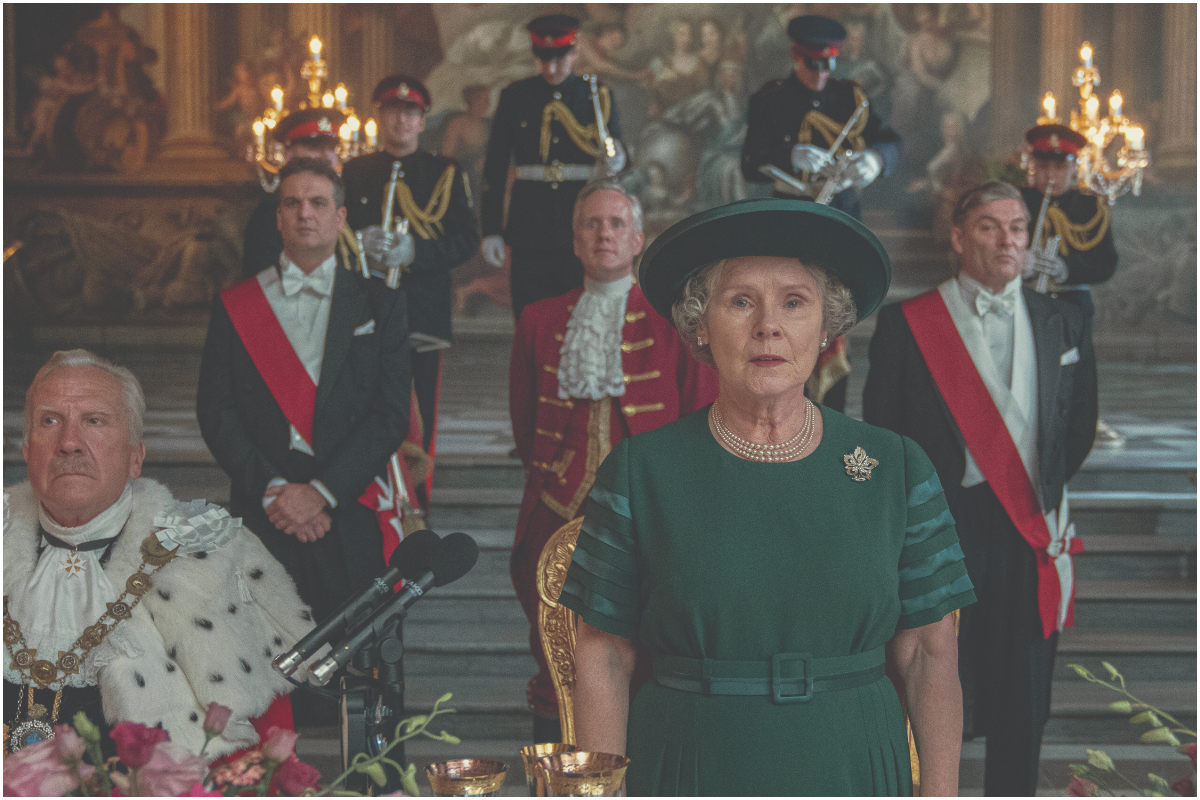
Airing of dirty royal laundry
The meaningless quest for objectivity in the fifth season of The Crown only demonises Princess Diana
Karachi: A turning point in British history, the demise of Queen Elizabeth II has revived a fiery debate over the significance of the monarchy. Released mere months after the British royal family was assailed by tragedy, the fifth season of The Crown is unlikely to go unnoticed by both the proponents and detractors of the seemingly anachronistic institution.
Be that as it may, the Netflix series doesn’t take sides when it tackles concerns about the growing obsolescence of the monarchy. Over the last few years, the show has offered a fictional dramatisation of the events that besieged the deceased monarch and those who became the inadvertent casualties of her decisions and missteps. As a result, The Crown seeks to present dispassionate observations of people, incidents and circumstances. The balance may occasionally — if not disproportionately — tilt in a particular person or institution’s favour, but the fundamental aim is to create a nuanced portrait of the British monarchy.
Chronology is, undoubtedly, the primary strength of The Crown. The series navigates through the quicksand of British history and depicts its highs and lows with verve and intensity. The creators of the Netflix series are cognisant of the fact that they aren’t simply producing a documentary for the purpose of posterity. Every episode of The Crown is targeted at viewers who are interested in the trivia, secrets and salacious gossip about the British royal family. As a result, the entertainment value of the historical drama cannot be discredited. Even so, the series often moves along at a sluggish pace and relies heavily on comfortable distractions to fill any voids in the narrative.
The previous season, which was released in November 2020, captured the intricacies of the Thatcher era — a period when Britain’s economy was transformed for better or for worse. During the Thatcher years, Diana Spencer, the veritable ‘People’s Princess’, gained considerable popularity across the world. Her fame even managed to dwarf the glorious image that the Queen had carefully cultivated over the decades. The fourth season of The Crown dealt with the initial years of Diana’s discontent within the British royal family.

The new season also opens a vista onto the subsequent challenges that beset her empty-shell marriage with the Queen’s heir Prince Charles. Viewers are provided a front-row seat to the unsettling loneliness that haunted her in the years prior to the separation from the Prince of Wales. At times, the portrayal of Diana suffers from a heavy-handedness and an unforgivable insouciance. The creators seem to shatter the image of the ‘People’s Princess’ in a feckless attempt at objectivity. It is difficult to accept this approach as a sincere attempt to dispel the false narrative of victimhood that surrounds Diana. On the contrary, the meaningless quest for objectivity only demonises the deceased princess. For instance, Diana’s infamous interview with Martin Bashir for Panorama is likened to the Gunpowder Plot. Coupled with this bizarre and unwieldy comparison is the image of Diana as the spurned wife with a surging bitterness for her in-laws.
Nevertheless, the creators have compensated for this faux pas by portraying Diana as the dependable friend, loving mother and disenchanted princess abandoned by a hapless prince. At the same time, her affair with Dr Hasnat Khan has been depicted in compassionate hues. Even so, the cruel comparisons and unflattering portrayals seem like damning indictments.
When the narrative shifts away from Diana’s distress, viewers who aren’t history buffs tend to lose interest. This may seem like unfair criticism in light of the fact that the Netflix series isn’t intended to be a glorified biopic on Princess Diana. However, by the end of the season, viewers may wonder why Diana’s trajectory was frequently interrupted to accommodate other unnecessary arcs.
A long episode focuses on the Queen’s failures as a mother and sister. Upon closer scrutiny, the episode serves to tangentially draw attention to the plight of her other children — especially Prince Andrew and his marriage to the infamous Sarah Ferguson. However, it does little to steer the plot forward.

Another episode reflects upon the British royal family’s failure in saving Tsar Nicholas and his family from the wrath of the Bolsheviks. At its core, the episode reveals the oppressive legacy of the British monarchy and makes for an informative lesson in history. However, when viewed in terms of the overall focus of the season, it comes through as excess baggage that ought to have been discarded in the final cut.
The fifth season also includes an episode that captures the rags-to-riches account of the Al-Fayed family. Viewers may find this episode to be an emotional deadweight as Diana’s relationship with the Egyptian family isn’t allowed to blossom in the current season. Discerning audiences will realise that the reference to the Al-Fayed family has been included for purely chronological purposes and as a means of providing a counterpoint to the British royal family. In either case, these appearances could have been packaged into a few scenes and the focus could have remained on Diana’s woes.
The tenth and final episode seeks to give closure to the fifth season but instead comes through as a missed opportunity. By the middle of the tenth episode, viewers will find themselves stifling yawns and desperately waiting for the season to end. Many of them may even be praying that the creators have the good sense to present a more focused narrative in the next season.

Despite these lapses, The Crown boasts some memorable performances. Imelda Staunton, known for essaying the role of Dolores Umbridge in Harry Potter and the Order of the Phoenix, convincingly renders the part of a much-diminished yet indestructible Queen Elizabeth II. At first glance, Elizabeth Debicki appears to be a rather inelegant choice to play Princess Diana. As the season progresses, Debicki manages to do justice to the part and comes through with a spellbinding performance. Pakistani actor Humayun Saeed was an unlikely choice to portray the role of Dr Hasnat Khan. Yet, Saeed’s on-screen transformation and ability to climb into the skin of a Pakistani heart surgeon in love with a princess, will endear viewers to him.
The Crown offers a sober glimpse into the British monarchy that neither sugar-coats its failures nor disparages it for its shortcomings. In subsequent seasons of the series, the creators will need to maintain a healthy balance between historical precision and well-paced narration.
Catch all the Bold News, Breaking News Event and Latest News Updates on The BOL News
Download The BOL News App to get the Daily News Update & Live News.





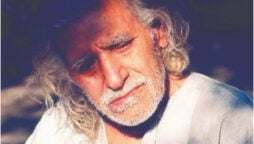
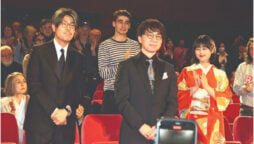


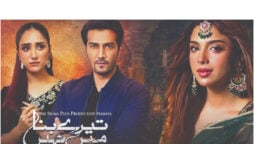
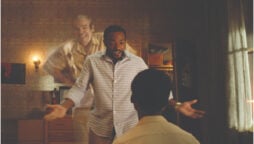

 Read the complete story text.
Read the complete story text. Listen to audio of the story.
Listen to audio of the story.